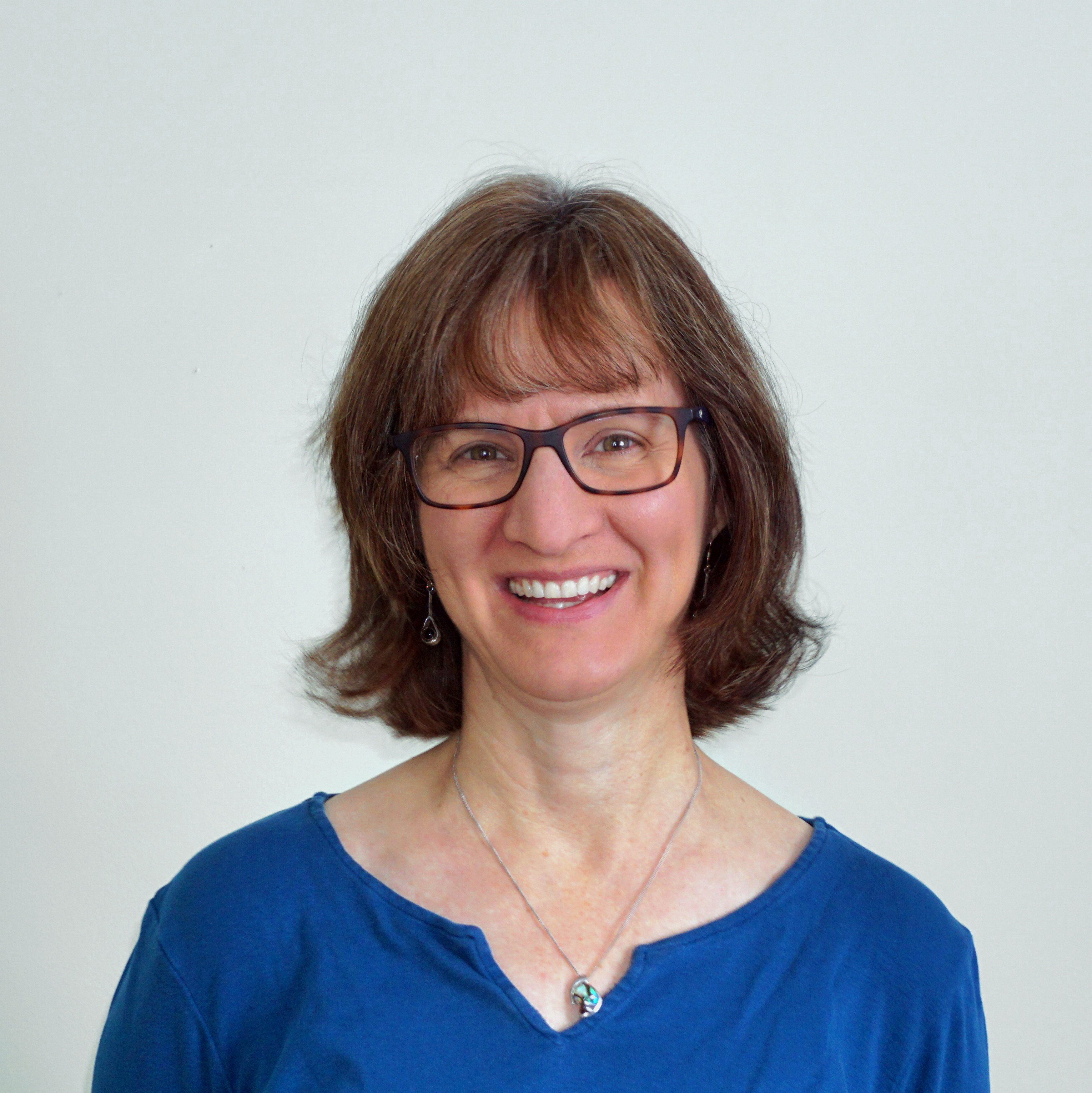- Home
- About Us
- The Team / Contact Us
- Books and Resources
- Privacy Policy
- Nonprofit Employer of Choice Award

 My superpower is helping churches talk about money. If you are a church person, you’ll know the silence and secrecy that shroud the topic of money.
My superpower is helping churches talk about money. If you are a church person, you’ll know the silence and secrecy that shroud the topic of money.
One of the tools in my toolbox is a “Generosity Assessment.” Generosity begins with gratitude. I don’t just look at giving numbers and ages of donors, I listen to what a congregation values.
Before the pandemic, I reached out for feedback to a congregation that participated in a Generosity Assessment pilot project with the Presbyterian Church in Canada. The resulting email from one of the elders made my day:
I do remember your visit and how you changed our thinking about givings…Our congregation completed the survey you provided… It told us a lot about who was giving, how much people in different age groups were giving, and how to plan for the future. We learned that the congregation believes [our church] is a place where people care for one another and enjoy coming together; embracing creative worship time and faith formation. And we learned that giving generously is a response to the gratitude we feel to God.
Not sure if any of that is quote-worthy for your purposes, but I'd like to tell you how grateful I was for your insight.
I was tremendously humbled and grateful to get an email like that. Let me explain what a Generosity Assessment is about.
I did my doctorate researching Christian giving. I toured church basements talking to faithful donors in five provinces. I have drunk so much urn coffee that I should get some type of prize, but hearing stories of why Christian donors give was the real treasure.
An unspoken appeal to guilt and obligation doesn’t inspire generosity, despite the popularity of this approach. I tell congregations “Jesus talks about money; we can too.” Giving is a faith question more than a budget question.
Gratitude survey
A Generosity Assessment begins with only two questions:
What are three things you are grateful for about your church?
What are three ways the church uses its money that you value most?
The answers to these questions tell me – and church leadership – a lot about the congregation. (Or a denomination. I recently did a similar survey for a national church and the results were illuminating.) I can see patterns.
How old are donors?
While I can share numbers about Canadian giving according to age, when congregations see their own data, they believe and relate to it. I ask church treasurers to prepare donation totals for the previous year, along with estimates of how old the donor is.
Church treasurers tell me that the process of creating a spreadsheet with giving totals and donor ages is already instructive. They see the patterns themselves. The youngest donor age I’ve seen is 15 and the oldest is over 100. (My giving by age table wasn’t adding up to 100%, because I had failed to imagine donors over 100.) We can often see whether a congregation is 2 or 3 funerals away from disaster.
Grounded in gratitude
The testimonial from the church elder said it best, but I’ll reiterate: Listening to what a congregation is grateful for and telling those stories back to them is my favourite part of a Generosity Assessment. If we only looked at the numbers, we might be very discouraged; however, the stories from the generosity assessment offer reason for hope.
The stories that come out of the gratitude survey can be shared on Sunday morning before the offering, in the church newsletter or on their website. These are also the stories:
To include on a thank-you letter with the annual receipts.
To remember as the church asks for bequests.
Further money conversations
The giving numbers and donor ages create a springboard for talking about gifts, including in wills and bequests. I met a donor who added his church to his will as a result of our Generosity Assessment conversation, even before the actual assessment happened.
Testimony
The testimony of a faithful donor explaining why she has faithfully supported her church for decades is the best stewardship sermon going.
Just this past Sunday, I was a visiting preacher and I asked how many people remembered their dad getting paid in cash and counting in piles on the kitchen table: first a church money pile, then a grocery money pile and then a pile for everything else, if there’s any money left. People nodded. Every congregation has generous stories to share.
Future of the church
Gifts in wills can help to provide the bridge financing for the future of the church, a future which will look very different.
Religious “nones”
People don’t go to church like they used to. I am talking about people who used to be Christian and who now identify as “none,” as in “none of the above.” Denial will not help the church face the future. It’s essential for the church to have a loving and honest look at present reality. What gifts does the congregation have to share?
A Generosity Assessment provides an appreciative and truthful snapshot of congregational giving, in order to make the money conversation part of our faith conversation, and to see hope for the future.
Visit www.lgreesor.com to find out more about Generosity Assessments. If you are Presbyterian, your denomination is already on board. Visit https://presbyterian.ca/stewardship/generosity-assessment/ to learn more.
Dr. Lori Guenther Reesor is an author, speaker and generosity coach. A Stats major who went on to study theology and ministry, she wrote “Growing a Generous Church: A Year in the Life of Peach Blossom Church” to encourage churches to talk about money. She blogs at www.lgreesor.com.